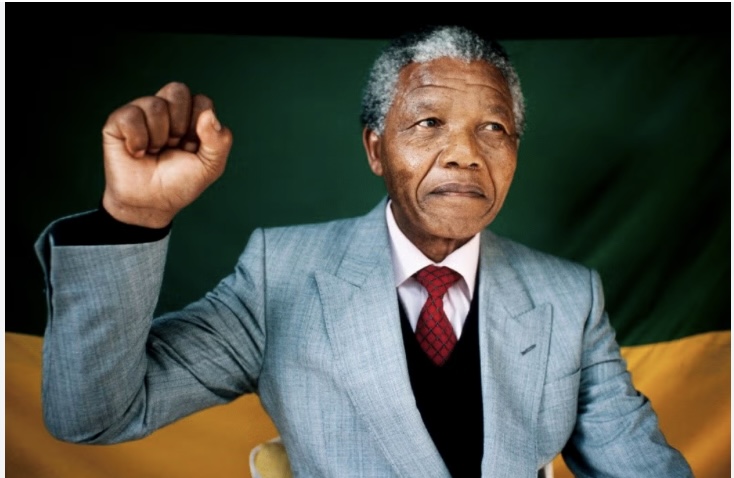On February 11, 1990, Nelson Mandela was released from prison after serving 27 years behind bars. Just four years later, he made history by becoming South Africa’s first Black president and the first to lead a truly democratic, inclusive government.
Even before taking office, Mandela’s relentless campaign to dismantle apartheid and promote racial harmony earned him global recognition. In 1993, he was awarded the Nobel Peace Prize alongside then-President FW de Klerk for their joint efforts in building a more just and equal South Africa.
In honor of his enduring legacy, the United Nations declared July 18—Mandela’s birthday—as Nelson Mandela International Day in 2006. The day is meant to encourage people worldwide to contribute to positive change in their communities. This year’s theme focuses on the message: The power to end poverty is in our hands.
UN Secretary-General António Guterres paid tribute to Mandela’s legacy, stating:
“Nelson Mandela’s remarkable life showed us how a single individual can turn oppression and suffering into a force for reconciliation, justice, and unity. He believed in the strength of grassroots movements and understood that true change begins in our neighborhoods—not in high offices or boardrooms.”



